Description
ABSTRACT
Sustainable Reporting as a Panacea for Growth and Development
Dr. Kunle Aina*
Sustainability or sustainable governance of Companies, though linked to Corporate Social Responsibility (CSR), focuses more on the social and environmental impacts of companies’ activities on the stakeholder and the environment. Sustainable governance is concerned with conducting the business of a company in a way that can be continued into the foreseeable future, without using the natural resources at such a rate or in such a way that creates environmental damage, destruction of the community, or depletes the resources to such an extent that the continuation of the business will eventually become impossible. This paper analyses the importance of adopting sustainable governance objectives by companies and particularly sustainable reporting and disclosure as an important tool for meaningful stakeholder engagement and solution to most stakeholder and company misunderstandings. This paper also explores the emerging trends in the law and practice of sustainable reporting which incorporates environmental, social and governance concerns in company objectives to establish the current international best practice and standards which can be adopted by Nigeria. The paper further examines the current regime of sustainable reporting and disclosure rules and practices by Nigerian companies. The lack of regulations and legislative direction reveals an urgent need for regulatory, statutory and policy changes in order to build more sustainable companies and attract direct foreign investment in form of Socially Responsible Investments into the economy. It is suggested that the implementation of sustainable reporting requirements and enforcement procedures must be immediately put in place to enable Nigerian companies enjoy full benefits of sustainable governance.
INTRODUCTION
Corporate irresponsibility and ‘profit only’ motive of corporate objectives which has only resulted in resentment towards the presence of companies in many communities and even nations have resulted in strident calls for corporate accountability and improved corporate governance of the companies.1 The general role of the board of directors and their duties has also been a source of concern to the public and the law.2 The position of the law that, Directors owe fiduciary duties, duties of care and skill and other statutory duties strictly to the company3 and must ensure that their decisions and actions are in the company’s best interest, should be and is progressively questioned.4 This is because companies now control tremendous wealth and resources of nations which they exploit for their owners and investors’ benefits.5 Corporate governance has been defined as how companies are governed and to what purpose.6 It is concerned with the procedure, practices, rules and regulations
* Ph.D., B.L. Senior Lecturer, Department of Commercial and Industrial Law, Faculty of Law, University of Ibadan
- Horrigan B. ’21st Century Corporate Social Responsibility Trends – An Emerging Comparative Body of Law and Regulation on Corporate Responsibility, Governance, and Sustainability’ (2007) Vol. 4 Mq. Jbl 85
- See Sealy L.S., ‘The Director as Trustee’ (1967) CLJ 83, Austin R.P., ‘Fiduciary Accountability for Business Opportunities’ in Finn P.D. (ed.), Equity and Commercial Relationships. (Law Book Company, 1987) 141; Austin, R.P., ‘Moulding the content of Fiduciary Duties’ in Oakney, A.J. (ed.), Trends in Contemporary Trust Law, (Clardon Press, 1986) Chap. 7; Beck M.S. ‘The Quickening of the Fiduciary Obligations’ (1975) 53 CLR 771; See generally P.L. Davies’s, Davies and Gower Principles of Modern Company Law (9th edn.) 501641
- Hutton v West Cork Railway Company (1883) 23 Ch D 654
- See Section 172 companies Act (UK ) which adopted the enlightened shareholder approach
- Sarre R., ‘Responding to Corporate Collapses: Is There a Role for Corporate Social Responsibility?’ (2002) 7(1) DLR 1
- B. Coyle, Corporate Governance (ICSA Publishing, 2010) 1

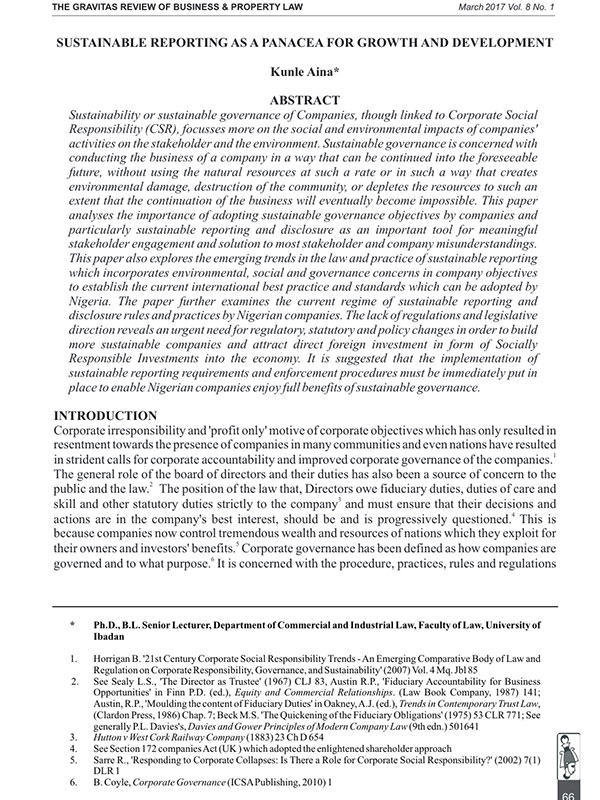
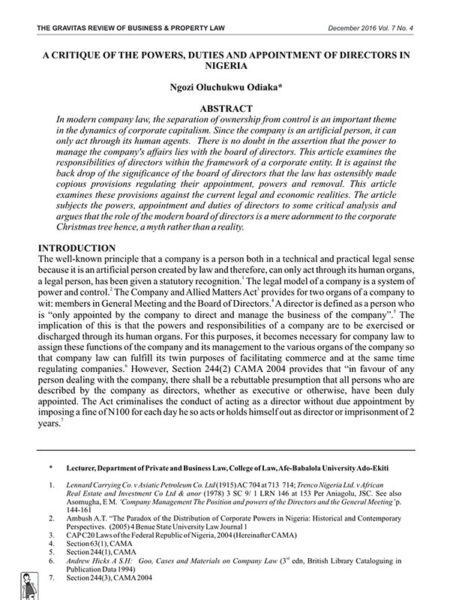
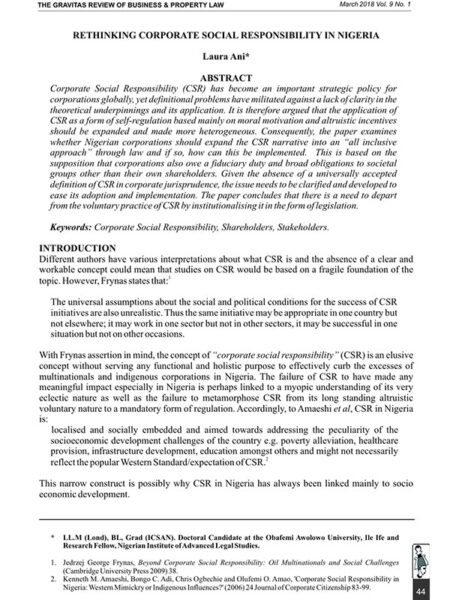
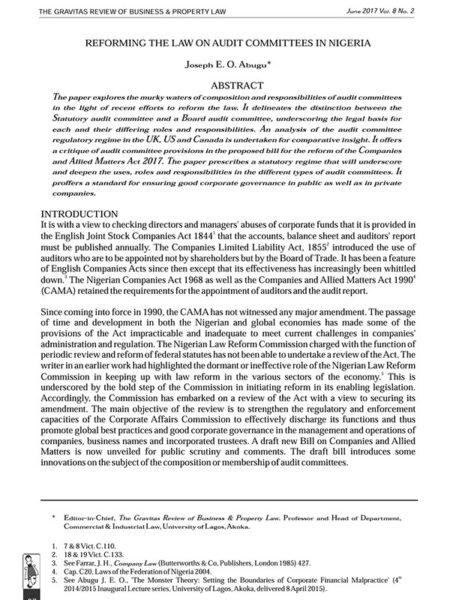
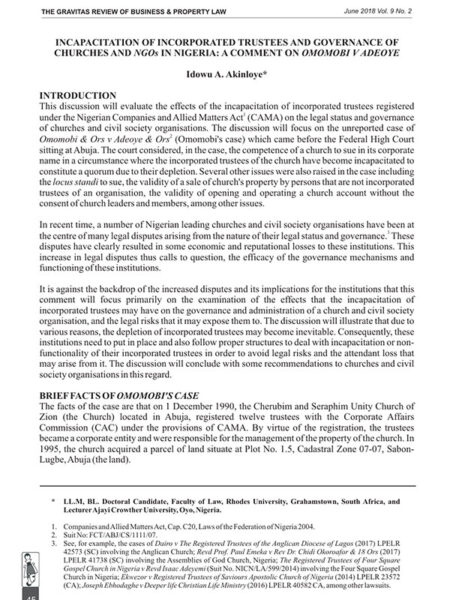


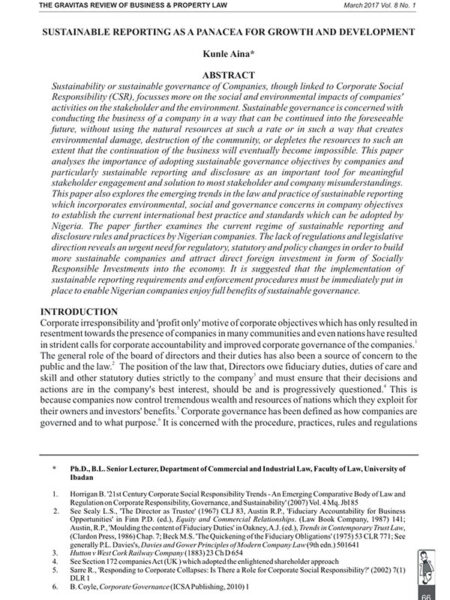
Reviews
There are no reviews yet.